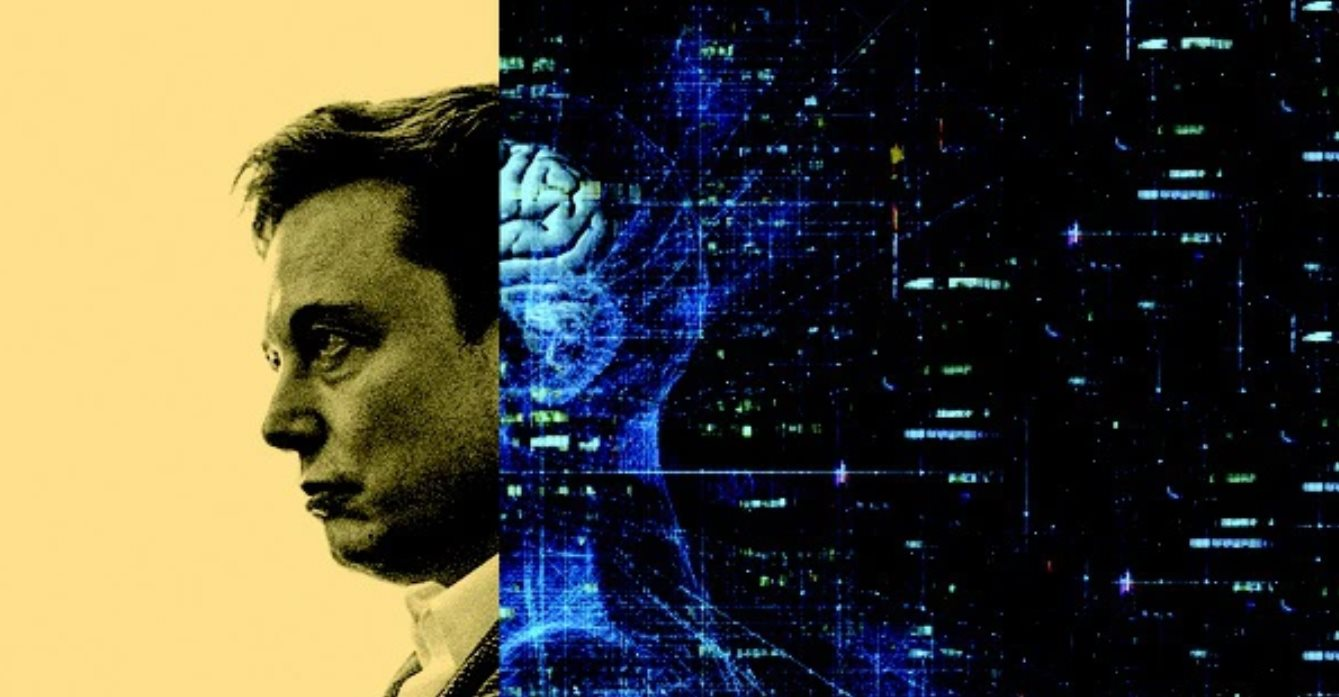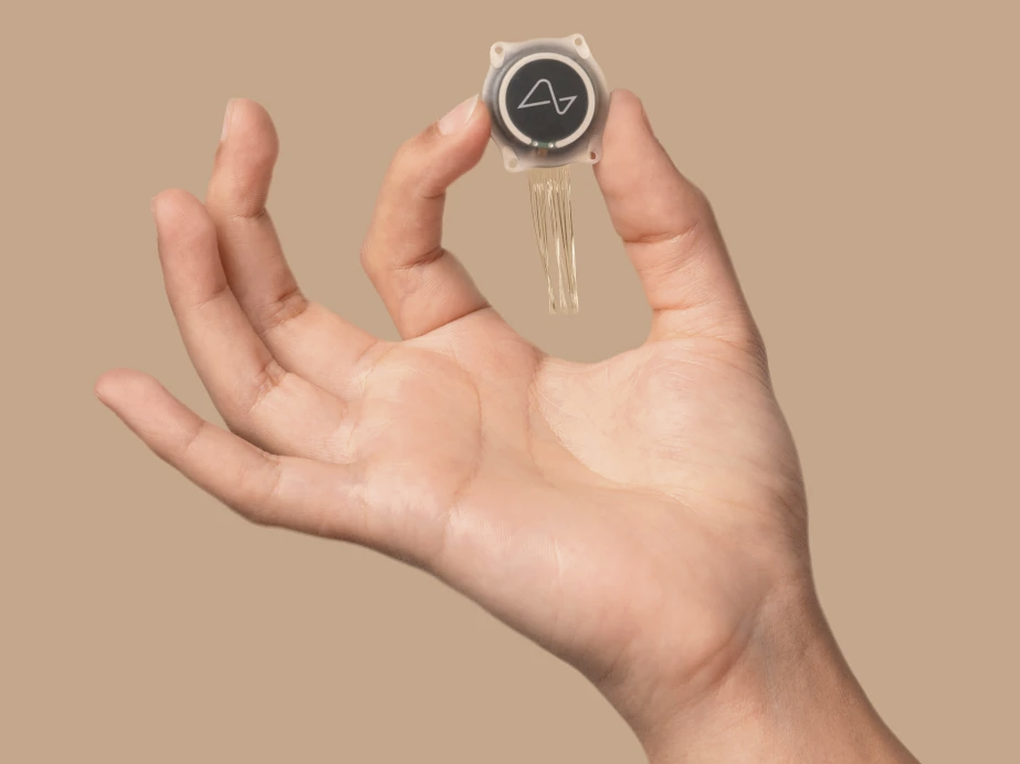Billionaire Elon Musk’s startup Neuralink said on May 8 that part of its human brain implant malfunctioned after the first time the system was put into a patient’s body.

Neuralink has built a brain-computer interface, or BCI, that can help paralyzed patients control external technology with their minds. According to the company website, the system called Link will record nerve signals through 1,024 fiber electrodes thinner than a human hair implanted on the surface of the brain.
In January, Neuralink implanted this device in a 29-year-old patient named Noland Arbaugh to research and test its safety. The company went live when Arbaugh used the BCI in March. Neuralink said in an April blog post that the surgery went “extremely well.”
But in the weeks that followed, they removed some of the electrodes from Arbaugh’s brain. This means that some electrodes are not as effective, limiting Link’s ability to measure speed and accuracy.
Neuralink did not disclose how many fibers were removed from the brain. The company has not yet commented on the above information.
Although some fibers have receded from Arbaugh’s brain tissue, Neuralink said he is using the company’s BCI system about eight hours a day during the week and often up to 10 hours a day on weekends.
Arbaugh said Link was such a luxury that it helped him “reconnect with the world.”
Neuralink is not the only company building a BCI system. This technology has been explored in academic settings for decades.
Neuralink has a long way to go to test safety and effectiveness to qualify for approval by the US Food and Drug Administration to commercialize the technology.







